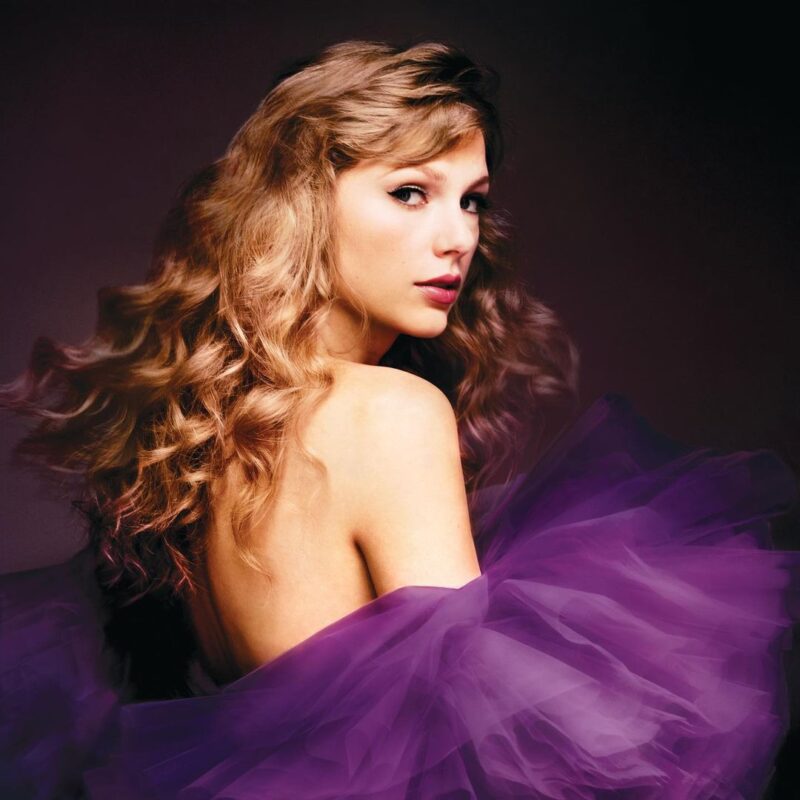Taylor Swift and ‘the Lipstick Effect’ on full display
The recent frenzy over Taylor Swift tickets wasn’t a sign of cash-strapped Aussies shaking off their economic woes, but of something called ‘the Lipstick Effect’, WRD creative director Debbie O’Connor writes.
In a recent Financial Review article, chief economist Cherelle Murphy comments that Australia is ‘not an economy on its knees’ due to the fact that expensive Taylor Swift tickets sell out in a day. The article implied that consumers clearly still have money to spend.

What Ms Murphy doesn’t consider, is that perhaps this isn’t a case of a buoyant economy but rather the power of branding.

